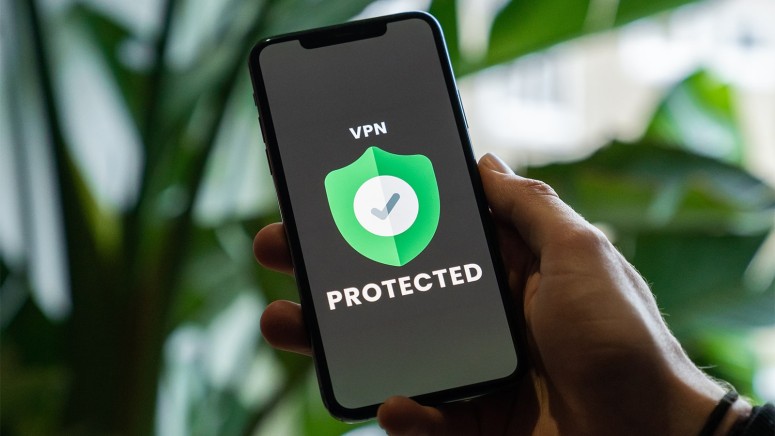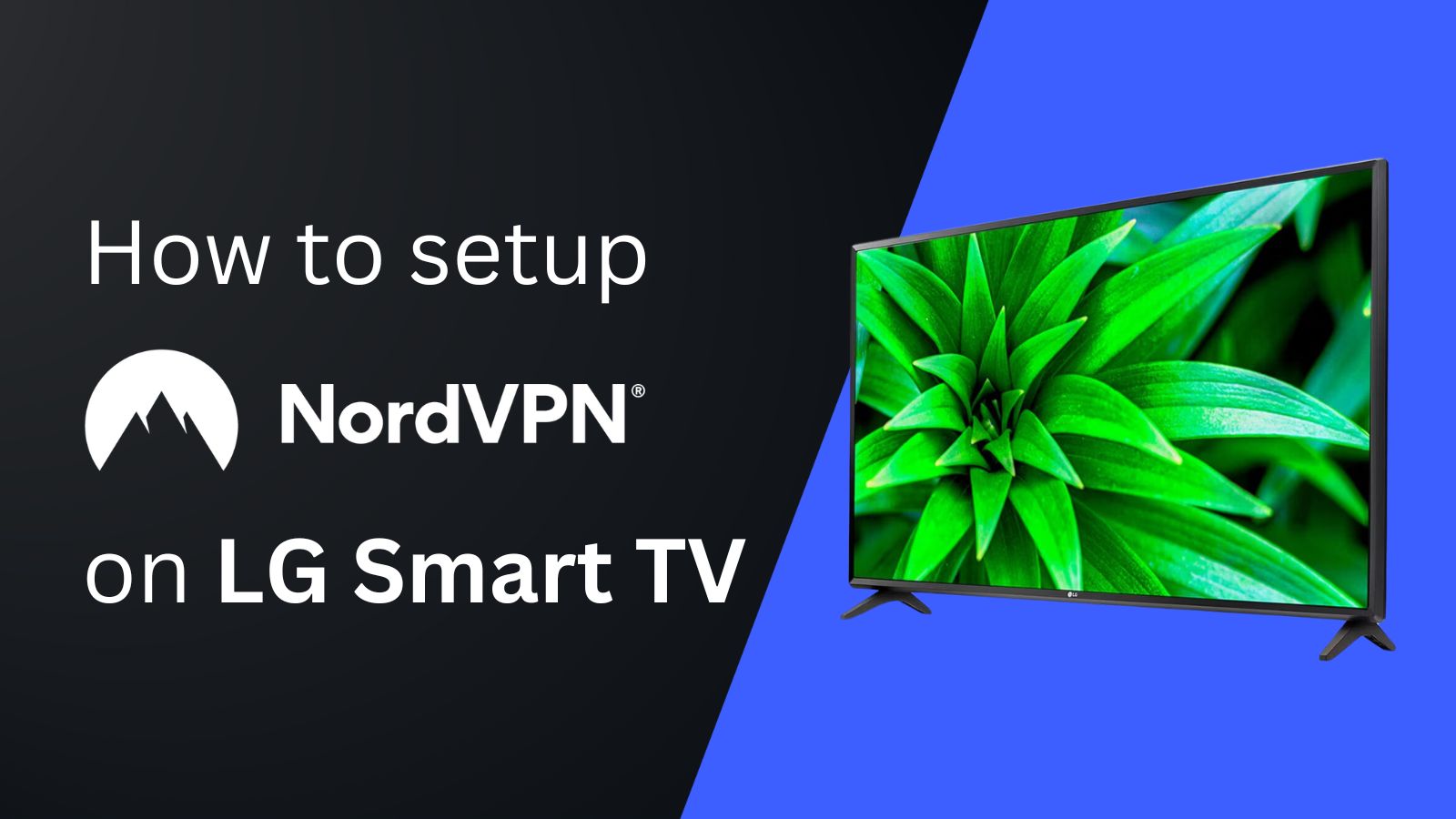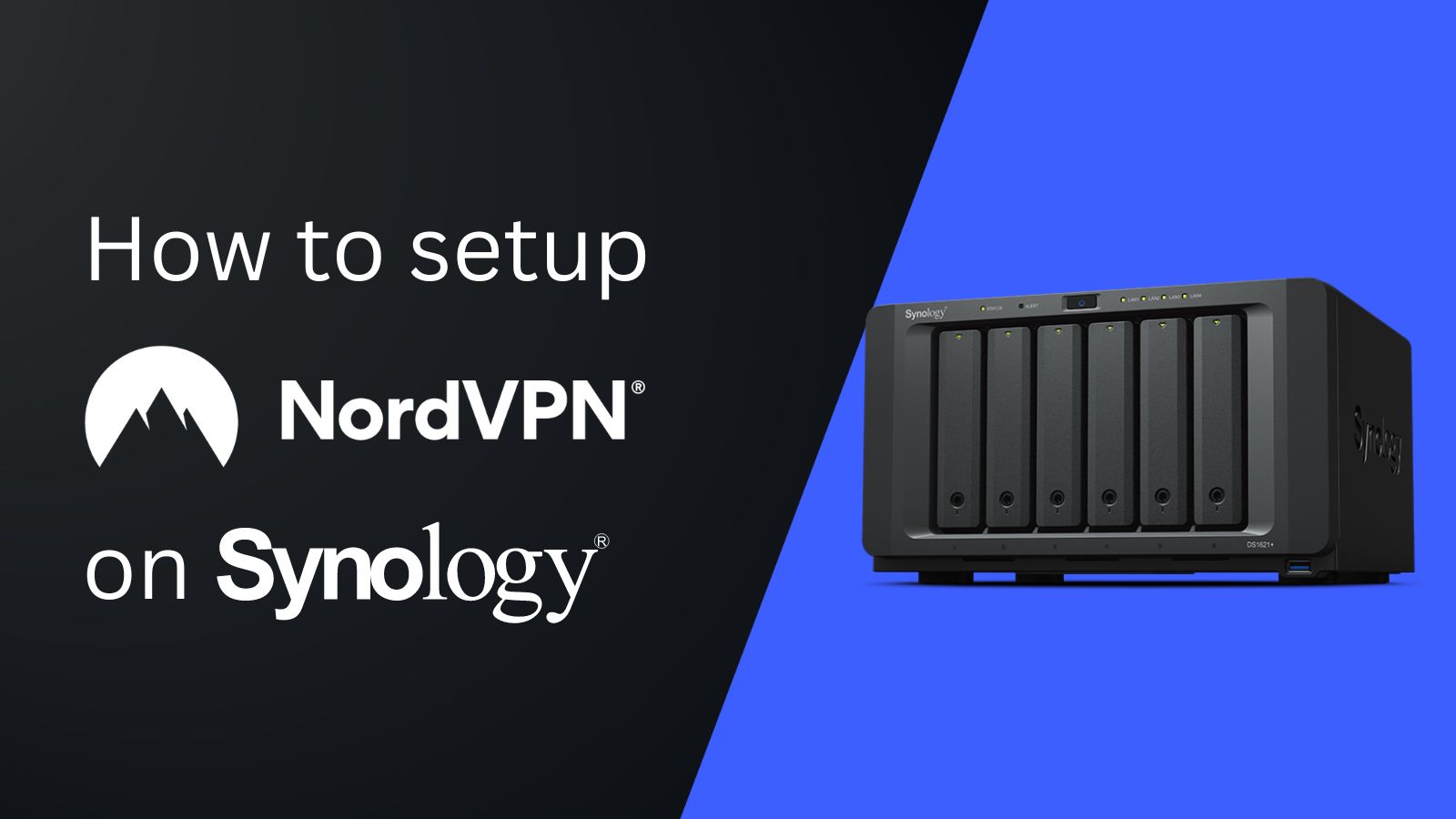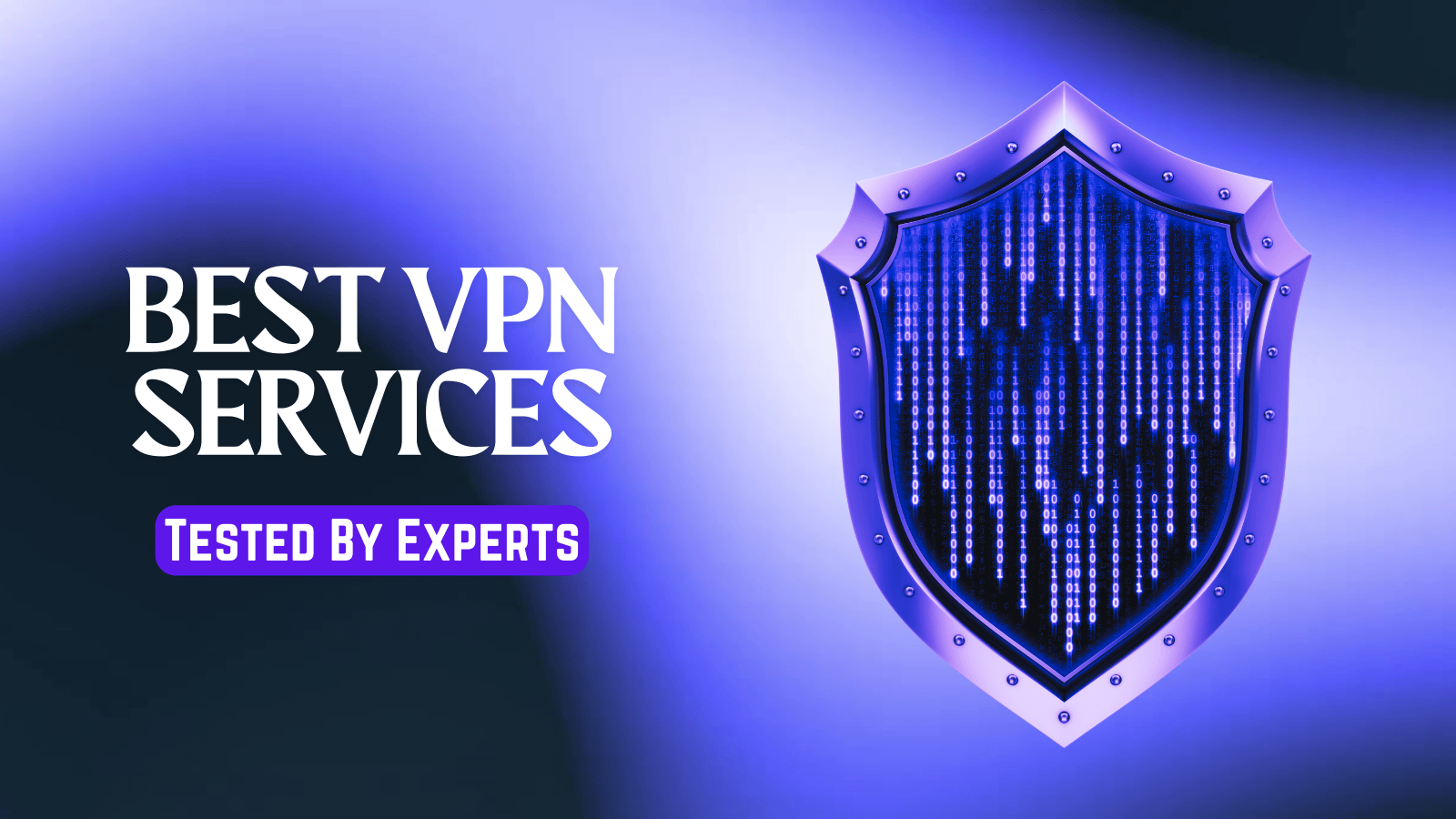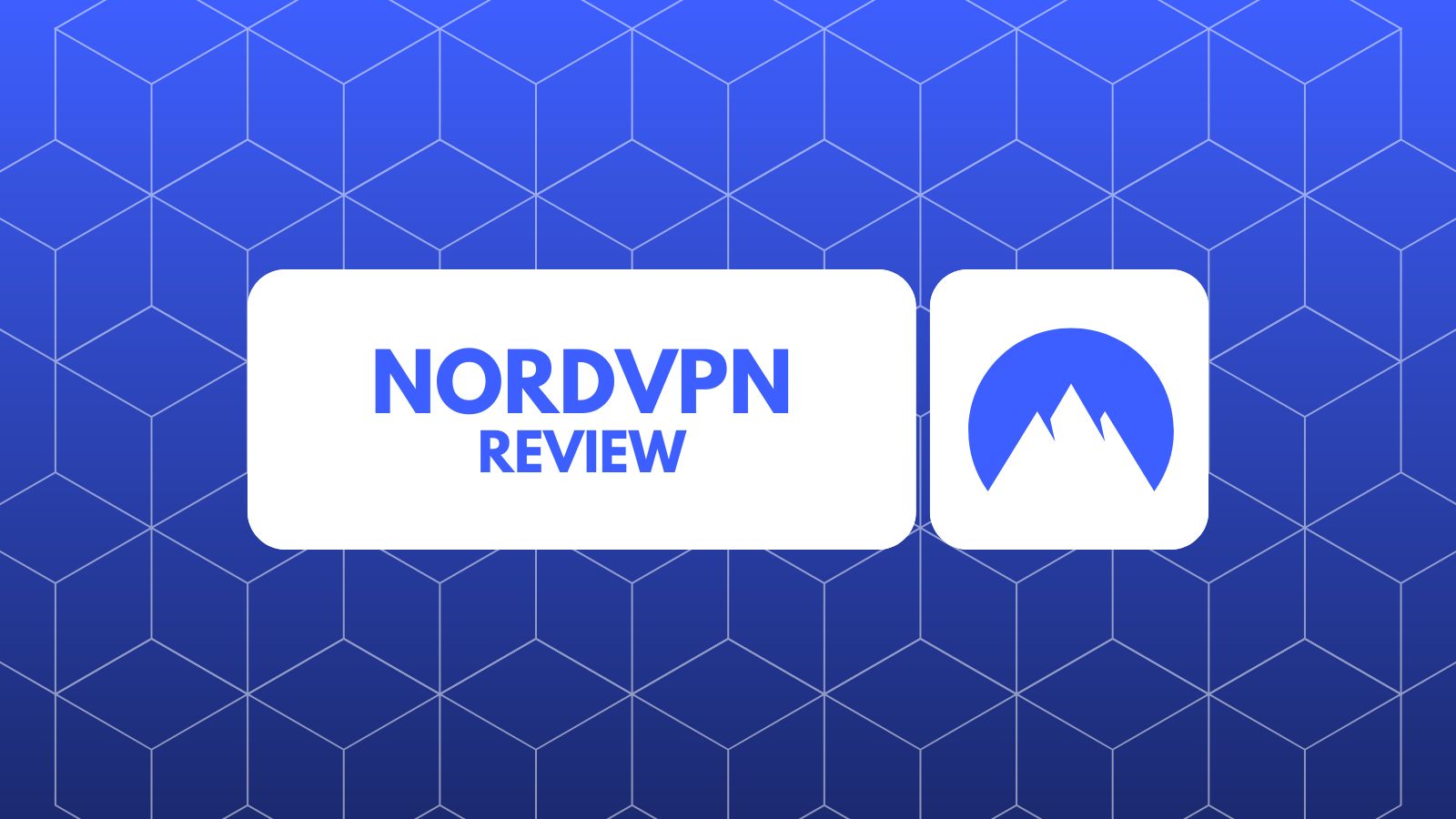
When you purchase through links on our site, we may earn an affiliate commission. Here’s how it works.
What Does a VPN Hide? (5 Things to Keep In Mind)
VPNs are incredibly useful applications, and we strongly believe they've become essential to use in today's digital age. They can do many things, but their primary purpose is quite simple – VPNs are designed to hide and protect your online privacy. So, what exactly does that mean? What does a VPN hide?
A capable and trustworthy VPN hides the following: your IP address, your location-related data, your Internet browsing activities, your personal data, and more. Of course, you’ll want a much deeper explanation, so let’s dive right in.
1. Your IP Address
As soon as you connect to the Internet, your device gets an IP address (make sure to learn more about public and private IPs). That address acts as your device’s unique identifier on the Web. And yes, it can be used to track you.
Keep in mind that an IP address is a crucial piece of information about your Internet connection. It can reveal bits of data pointing to your Internet service provider and your physical location. Therefore, if you want to hide your IP, you’ll want to use a VPN to change your IP address.
As soon as you connect to a VPN server, all your Web data will reroute through that server. During that process, your VPN will get you a new IP address (based on the server you’ve picked). That can be a foreign IP, so it will never point back to you.
Interestingly enough, you can even go one step further and hide your VPN’s IP address. Still, diving into that process should be done only if you're incredibly cautious about your data leaking online.
2. Your Location-Related Information
Websites and Web apps do their best to discover your physical location, and they aren't afraid to intrude on your privacy. If you want that to stop, a VPN is the best solution.
You’ve probably seen how websites offer ads custom-tailored to your location. Those ads can even mention the name of the city where you reside, or they can even highlight your address. That’s possible due to meta-data offered by your ISP and your Web connection.
Using a combination of online tracking mechanisms and the information revealed by your IP address, websites can guess your location very precisely. However, once you connect to a VPN server, nothing will point back to your "true" or "original" meta-data.
That’s precisely how you can access websites not available in your country. For example, you can access media streaming services not typically available in your area. To learn more, check out how to watch Paramount Plus, Disney Plus, Discovery Plus, Pluto TV, HBO Max, NBC Sports Live, USA Network, and STARZ outside the United States (no matter where you’re located).
3. Your Web Browsing & Online Activities
Did you know that your ISP sees everything you do online, including the websites you’ve visited, the files you’ve downloaded, and pretty much anything else.
That might sound scary, but you don't have any privacy on the Web. And what's even more frightening, your ISP is selling your Web browsing history to the highest bidder (which is typically an advertising agency). Your ISP is also tricking you in many ways – by throttling your Web speed during certain online activities (yes, that’s why buffering is still a thing when trying to stream online media).
Well, once again, a VPN provides the best possible answer. Each VPN comes with a range of VPN protocols in charge of encrypting your Web data. In other words, VPNs keep all your incoming and outgoing traffic within a secure VPN tunnel. And since that data is encrypted, no one else can see it on the Web.
Therefore, when using a VPN, everything you do online remains anonymous. Your ISP won't be able to track you or see what you do online. And consequentially, it won't be able to throttle your Internet speed's performance selectively. It's a win-win situation, really, on your part.
4. Your Personal Data
Let's return to any VPN's primary role – and that would be to protect your personal data. In fact, a VPN hides your data in the most secure way possible, presenting an indispensable tool in today's Web-connected world.
When discussing personal data, we are talking about massive volumes of data that can be traced back to your identity. We've already mentioned some personal data types, such as your IP address, geo-location, and online activity. However, there's plenty more you'll want to hide.
For example, you transmit your payment data when shopping online. Also, you share your device's contents when using public Wi-Fi hotspots. In both those cases, a VPN can be used to create a safe environment by dramatically decreasing the risk of a "man in the middle" attack.
5. A VPN Also Hides Itself
And lastly, a good VPN can hide itself. This is more important than you might think, especially in countries where the use of VPNs is rigorously controlled.
To achieve the highest possible level of privacy, you should pay attention to VPNs that offer "double VPN" connections and those that offer obfuscated servers. Those VPNs use special protocols to mask even your VPN traffic (aside from your "regular" traffic), so your Internet service provider won't realize that you’re hiding your traffic behind a VPN connection.
With that said, it’s clear that a VPN is the most effective tool to use to protect and preserve your digital privacy. Keep in mind that your personal data has plenty of value for third parties online, and you should do your best to hide it.
What a VPN Doesn’t Hide
While a VPN enhances online privacy by masking your IP address and encrypting your traffic, it's important to understand its limitations. Many users overestimate what a VPN can protect them from. Below, we clarify common misconceptions to help you make informed decisions about your digital security. Additionally, we recommend you thoroughly read the pros and cons of using a VPN before making a decision.
Now, if you would ask us whether or not we recommend VPNs, our answer is YES. We recommend using a VPN even now. Even though there are additional settings required to keep you safe digitally, a VPN covers most of them. Hence, using a VPN is totally worth it. If you have made up your mind regarding getting a VPN, then we suggest you check our guide on how much does a VPN cost.
Final Thoughts
So, you’ve got a VPN, great move. But before you assume you're a digital ghost, let’s clear something up: a VPN doesn’t make you invisible. It hides your IP and encrypts your data, but it doesn't cover everything. Ask yourself: Are you still logged into Facebook or Google? Is your browser quietly giving away your fingerprint? These gaps matter more than you might think.
To be completely safe, you’ll need more than just a VPN. Think secure passwords, two-factor authentication, privacy-friendly browsers, and maybe a good tracker blocker. When was the last time you updated your privacy settings or cleared your cookies? Staying secure today takes a little effort, but it pays off in peace of mind.
Looking for a trusted place to start? NordVPN is a great choice if you want speed, simplicity, and solid privacy. NordVPN also offers a free trial, so you can test the waters before you dive in. In fact, there are other VPNs that offer free-trials so that you can check how safe a VPN is and how it keeps you safe. And if you're a savvy shopper (who isn’t?), don’t miss our VPN Deals Guide where we round up the latest and best discounts.
Some additional guides to help you navigate the VPN world with confidence:
- Can a VPN Be Hacked? Understand the risks and how secure VPNs really are in protecting your data.
- Do VPNs Protect You from DDoS Attacks? Learn how VPNs can help shield you from DDoS attacks, especially during gaming or streaming.
- The Complete Guide to Testing VPN Leaks A detailed guide on what VPN leaks are, how to detect them, and how to prevent privacy exposure.
- Free VPN vs. Paid VPN vs. Free Trial VPN – Which One's Right for You in 2025? Compare the pros and cons of each type to find the VPN option that best fits your needs.
- Does a VPN Slow Down Your Internet? How to Make It Faster Explains why VPNs can affect speed and shares proven ways to improve performance.
- Top 10 Biggest VPN Myths Debunked Busts the most common misconceptions about VPNs so you can make informed decisions.


